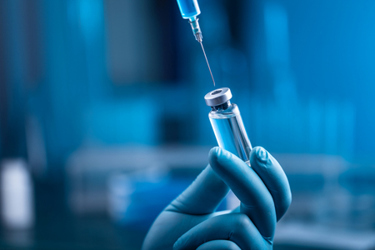Detection And Quantification Of Amorphous Content In Pharmaceutical Materials
By Steven R. Aubuchon, TA Instruments and Leonard C. Thomas, DSC Solutions

Accurately assessing amorphous content in pharmaceutical materials is critical as amorphicity influences stability, compatibility, and bioavailability. Analytical techniques such as Differential Scanning Calorimetry (DSC), Modulated DSC (MDSC), Continuous Relative Humidity Perfusion Microcalorimetry (cRHp), Dynamic Vapor Sorption (DVS), and Solution Calorimetry (SolCal) offer precise methods for measuring low levels of amorphous content.
DSC identifies glass transitions, with ΔCp serving as a quantitative indicator of amorphous material. MDSC enhances this by separating overlapping transitions, allowing for clear detection in complex pharmaceutical samples. Crystallization heat (ΔHc) further quantifies amorphicity, while cRHp microcalorimetry examines RH effects, enabling near-equilibrium measurements of amorphous and crystalline transitions. DVS measures moisture absorption and desorption, calculating amorphous content gravimetrically. SolCal determines heat of dissolution differences between amorphous and crystalline components for precise quantification.
For example, DSC and MDSC identified 0.3% amorphous content in lactose using ΔCp and RH ramping, while DVS and SolCal corroborated results through moisture uptake and heat of dissolution. These techniques streamline formulation processes by detecting low amorphous levels, reducing the risk of instability and degradation.
By combining these complementary methods, pharmaceutical scientists can optimize formulations, ensuring robust and reliable drug delivery systems that meet stringent quality standards. These techniques are indispensable tools for modern drug development, improving efficiency and safeguarding therapeutic efficacy.
Get unlimited access to:
Enter your credentials below to log in. Not yet a member of Pharmaceutical Online? Subscribe today.
